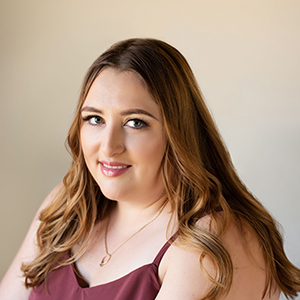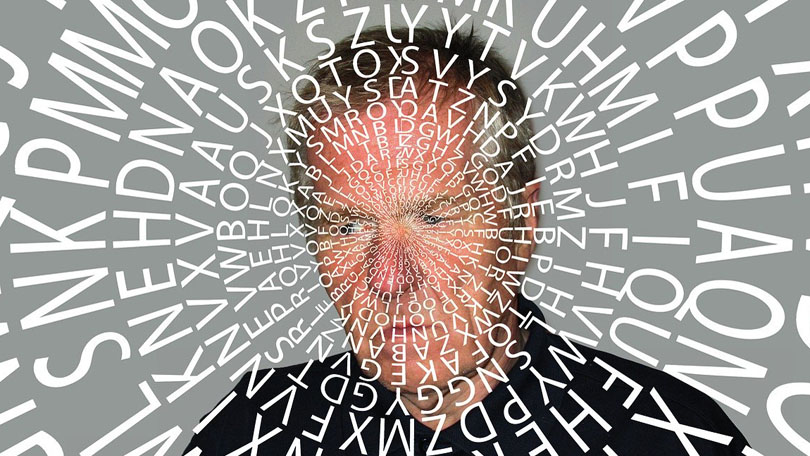The Language of Abuse
If you have ever tried to learn another language, you remember the beginning phase—learning words and phrases. And you recall the intermediate phase—thinking of what you want to say in your native tongue and translating it in your mind into the language you are learning, then speaking it aloud. This is where most people stop, but for those truly devoted to fluency, after a tremendous amount of time practicing (and preferably also a stint of total immersion, where they can speak nothing but the language they are learning), they achieve the miracle of actually being able to think in the new language.
What does this have to do with abuse? Well, before we even begin learning our native tongue, we begin to learn the emotional language of our family. Think of the emotional language as how you relate to yourself and others, especially those you are most intimate with. When the family of origin is safe and healthy and loving, so is the native emotional language the child develops. A person with a loving and healthy emotional language will be more secure in who they are because they know they are loved and accepted by their family. They are more comfortable with vulnerability because they don’t fear being abandoned for being themselves and speaking their truth. They don’t lose themselves in relationships or view relationships as justifying their own existence, but rather view relationships as life-enhancing. They approach disagreements with compassion and curiosity even while still being self-assured in their point of view. To me, emotional language is everything.
I can imagine it is difficult for people who haven’t been abused to understand how one could continue to be affected long after that person is no longer in the abusive environment. This isn’t helped by pop culture—after-all at the end of Cinderella, she and the prince are whisked away in a carriage to live “happily ever after” and never give her stepmother and stepsisters another moment of thought or consideration. What the movie doesn’t show is Cinderella’s subsequent struggle with learning how to be happy and emotionally intimate in her marriage after a lifetime of being treated as an indentured servant, nor does it show Cinderella processing the anger she must feel for their treatment of her, nor does it show how things went the following Thanksgiving or other family-centric holiday, when Cinderella is sure to have felt tremendous grief for what she didn’t have growing up. The societal expectation of abuse survivors is to move on and “just be happy” once you have escaped the abusive environment, as if the effects of the abusive environment only counts in the present moment.
The truth that society often doesn’t understand is that when you are abused growing up, abuse is your first language. And no matter how much time goes by or therapy you do, abuse will never not be your first language. Expecting an abused person to “just move on and be happy” is like expecting an American to move to France and suddenly no longer be American, no longer think “American” thoughts, no longer speak English and to speak French flawlessly without even an accent. The truth is that it takes a lot of time and practice to learn a new language, whether spoken or emotional.
How does one learn a new healthy emotional language? Consider an analogous process to your high school <insert language> class:
| Spoken Language | Emotional Language |
|
Milestone: Learning words and phrases How to Get There: Learning those words and memorizing them |
Milestone: learning healing concepts such as the wounded inner child, inner critic, Narcissistic Personality Disorder, boundaries, etc. even though you may still find yourself speaking your native emotional language most of the time. How to Get There: Therapeutic process with a licensed therapist or certified coach with a trauma specialty and supplementing with books on the healing process, etc. as desired. |
|
Milestone: Thinking of what you want to say in your native tongue and translating it in your mind into the language you are learning, then speaking it aloud How to Get There: Practice and gentle correction when mistakes are made |
Milestone: Learning tools for coping and emotional awareness and finding yourself thinking in this new, healthier way more often and for longer periods of time. How to Get There: Practicing the concepts and communication techniques garnered from the Therapist or Coach with yourself and people in your life. Noticing when you find yourself in your “old” way of thinking, work on silencing the inner critic when their voice arises, etc. |
|
Milestone: Ability to think in the new language How to Get There: practice, practice, practice and preferably also a stint of total immersion where one can only speak the language they are learning |
Milestone: Having the new healthy emotional language be more of the default (that is not to say emotional “perfection” where no issues are ever experienced) and get surprised when sucked back into that old way of thinking when triggered by an abusive or dysfunctional stimulus. How to Get There: First and foremost a commitment to the practice of emotional wellness. Practice wellness techniques (boundaries, self-love and compassion, etc.) so often that they are more than habits, they are ingrained into your (new) way of thinking. You may also want to take a temporary, semi-permanent or permanent break from your family of origin as well as anyone else in your life that makes you slip into your abuse native language. This is a very personal decision and it is recommended that you discuss your plans and support system with your Coach/ Therapist. |
With these techniques, you can become extremely fluent in your new emotional language and become a naturalized citizen of “Emotionally Healthy Land.” But here’s the hitch: remember in I Love Lucy when as the conversation escalated from bickering to argument, there would come a point when Ricky would seamlessly transition from English to Spanish without even realizing he was yelling in Spanish? (If you don’t, Youtube). Well, people who grew up in abusive environments often react to triggers (particularly interaction with their family of origin) and pull a Ricky Ricardo and begin speaking in the language of abuse and dysfunction. And unlike Ricky, we usually aren’t able to just say “oops, didn’t realize” and go back to speaking healthy emotional language. Personally, when I get sucked into abuse/ dysfunction thinking, it can take me days or weeks to “come down” from that experience and reintegrate into my healthy mindset and emotional language. That’s why I call these “Risky Dicardos” because these situations carry the risk of making one feel as though they have backslid and discarded any progress they have made in their healing journey. This is also why a temporary, semi-permanent or permanent break from your family of origin may be a necessary total-immersion technique to learning your new language of emotional health.
Overall, if you are a survivor of abuse/ dysfunction:
- Be careful and judicious with your environment to avoid triggers that will suck you back into your abuse native language.
- Be gentle with yourself. You are trying to learn a new language after speaking abuse/dysfunction your whole life. You will find yourself speaking it from time to time. Instead of beating yourself up, just remind yourself that your only job is to be devoted to practicing your new language of health, love & compassion as much and often as you can.
I wish you the very best in your healing journey, whichever phase you find yourself today. Practice Makes Progress.
Do you know your score?
Discover your ACE score and unlock a new understanding of your life. Take the test and gain insights into how your early experiences shape your well-being. Don't let your past define you – empower yourself with knowledge.

Azure Moyna
Writer and Coach
Azure Moyna is a writer and coach about issues relating to food, body, mental illness, familial dysfunction, societal treatment of overweight people, and the healing journey. Azure is the author of her memoir, Fullness.
